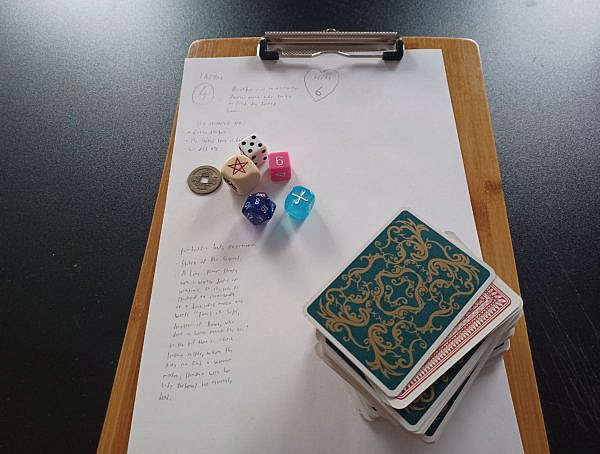Dongwon Jo (2020), in his article “’Bursting Circuit Boards’: Infrastructures and Technical Practices of Copying in Early Korean Video Game Industry. Game Studies, 20(2)”, investigates the early phases of South Korea’s (henceforth Korea) video game industry. He argues that existing research on the historical development of Korea’s video game industry focuses too much on game development and its success rather than the era of game copying (piracy). Moreover, he notes how scholars tend to focus on the United States and Japan when discussing the narratives of video game histories. Jo presents an alternative approach with an ethnographic study on Korea that specifically investigates how the initial infrastructure for the gaming industry in Korea started from pirated games and game consoles in the 1970s.
According to Jo, the local electronics market of Cheonggyecheon played a crucial role in the early Korean game industry. Originally the Korean gaming industry gained no support from the government, as Korea did not yet have the required official infrastructure system to support the production and development of officially licensed games or consoles. To tackle this issue, local technicians copied games and consoles at the Cheonggyecheon market to introduce video games to the public. Pirated games of Pong, Breakout, and Space Invaders were played in electronic entertainment rooms called Jeonja Orak Sil. The infrastructure of these facilities was later utilized by PC-rooms (PC-bangs) which functioned as the base for the online gaming industry and culture in Korea from the 1990s.
Moreover, the pirated reproduction of games and consoles created an infrastructure of manufacturing and distributing games on a global scale. Jo mentions how the copied versions of popular games and arcade machines were exported to other countries in Southeast Asia at a lower cost than the originals. Additionally, the technical knowledge that was nurtured in Cheonggyecheon was utilized overseas in the form of on-the-spot game machine maintenance.
Jo argues that the Cheonggyecheon electronics market in Seoul has played a vital role in the early development of Korea’s gaming industry. The market’s origins date to the 1940s when locals gathered in the market to sell second-hand devices from abandoned Japanese factories and United States army camps. Over the years, the market developed into a venue for trading, repairing, and assembling different types of video-audio technologies. In 1967, several modern electronics shops opened in a residential-commercial complex called Sewoon Sangga. By the 1970s, the market had developed into a vibrant centre among local businesses and technicians for exchanging information and techniques on the production of pirate games and game consoles. For example, Jo mentions how faulty electronics (called B-jja) from the United States and Japan were smuggled to the market and studied by technicians for reproduction purposes to be used in pirate game consoles.
This study is based on observations and interviews from ethnographic field research. The author visited the Cheonggyecheon electronics market during a three-year period after December 2016. He interviewed over 40 local insiders about the market’s history, including people who had worked there during the 1970s. Moreover, this study verifies the findings of the ethnographic research with journalistic articles and historical documents. The interviews conducted by Jo bring interesting and additional insights into the developments of the Korean gaming industry’s roots.
Article: Jo, D. (2020). ’Bursting Circuit Boards’: Infrastructures and Technical Practices of Copying in Early Korean Video Game Industry. Game Studies, 20(2).
Link: http://gamestudies.org/2002/articles/jo
Picture credit: “Arcade” by c.strange is licensed under CC BY-SA 2.0
Picture retrieved 15.11.2020 from https://search.creativecommons.org/photos/94a7a2e6-1d70-42b5-a2cc-9245a0cb3f05
You might also like
More from Game Research Highlights
How do you want to do this? – A look into the therapeutic uses of role-playing games
Can playing RPGs contribute positively to your wellbeing? A recent study aims to find out how RPGs are being used …
Eldritch horrors and tentacles – Defining what “Lovecraftian” is in games
H.P. Lovecrafts legacy lives today in the shared world of Cthulhu Mythos and its iconic monsters. Prema Arasu defines the …
Are Souls Games the Contemporary Myths?
Dom Ford’s Approaching FromSoftware’s Souls Games as Myth reveals the Souls series as a modern mythology where gods fall, desires …















